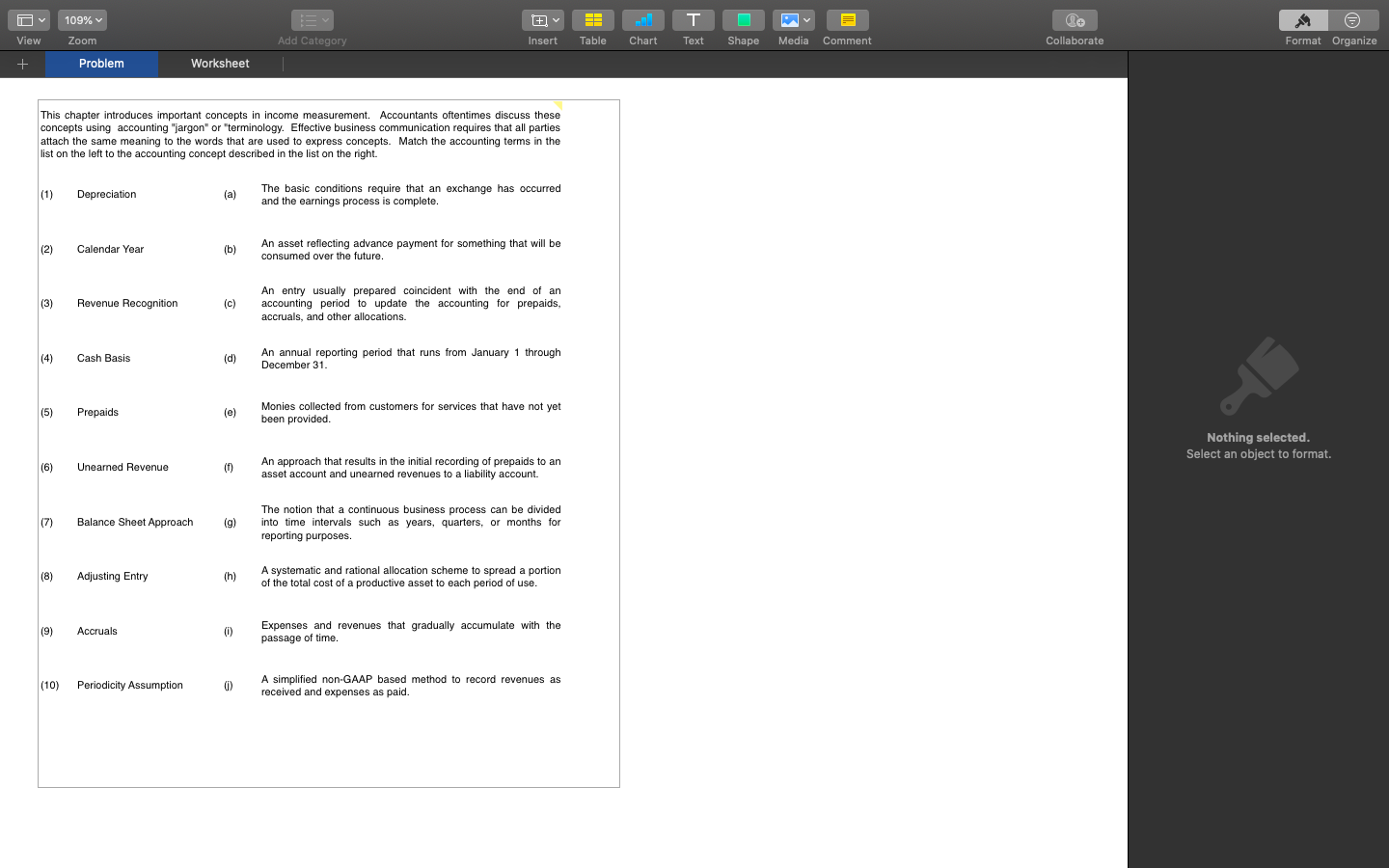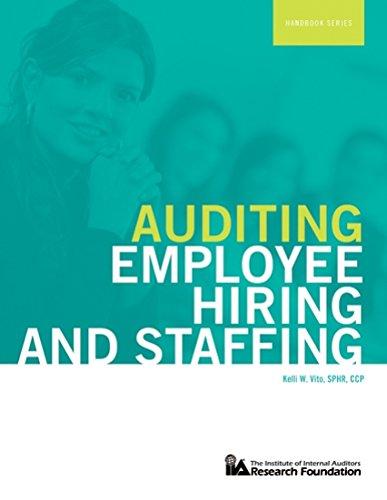Answered step by step
Verified Expert Solution
Question
1 Approved Answer
please write in normal hand writing. This chapter introduces important concepts in income measurement. Accountants oftentimes discuss these concepts using accounting jargon or terminology. Effective
please write in normal hand writing.
This chapter introduces important concepts in income measurement. Accountants oftentimes discuss these concepts using accounting "jargon" or "terminology. Effective business communication requires that all parties attach the same meaning to the words that are used to express concepts. Match the accounting terms in the list on the left to the accounting concept described in the list on the right.

Step by Step Solution
There are 3 Steps involved in it
Step: 1

Get Instant Access to Expert-Tailored Solutions
See step-by-step solutions with expert insights and AI powered tools for academic success
Step: 2

Step: 3

Ace Your Homework with AI
Get the answers you need in no time with our AI-driven, step-by-step assistance
Get Started


